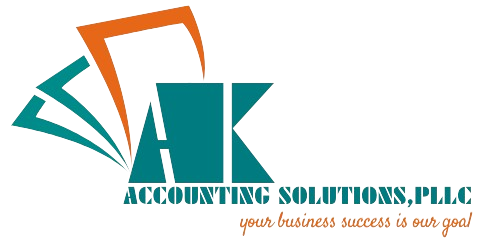The IRS, in its release of the draft of the Form 1099-DA for brokers to report digital asset transactions, includes the broad definition of “broker” used in proposed regulations that drew industry ire when issued in 2023.
But that broad definition is not necessarily a cause for concern, said Miles Fuller, senior director of government solutions at TaxBit, a cryptocurrency tax software company, and a former attorney at the IRS. The draft version reflects the language of the proposed regulations, he said.
“They’re just making a form that aligns to what they described (in the proposed regulations),” he said. “They aren’t trying to announce some policy shift in the form.”
The final version of Form 1099-DA, Digital Asset Proceeds From Broker Transactions, will be used to report gross proceeds of digital asset sales and exchanges. The draft version, released Friday, requires brokers to check a box saying whether they are a kiosk operator, a digital asset payment processor, a hosted wallet provider, an unhosted wallet provider, or other.
In the preamble to the proposed regulations (REG-122793-19), posted in the Federal Register in August, the IRS and Treasury explained that the proposed regulations extend information-reporting rules under Sec. 6045 to include brokers who act as agents, principals, or digital asset middlemen to sell digital assets for others. The regulations cover sales or exchanges of digital assets for cash, broker services, and property of a type that is subject to reporting by the brokers. The proposed regulations also extend the reporting rules to brokers who effect, on behalf of customers, payments of digital assets associated with payment card and third-party network transactions subject to reporting under Sec. 6050W.
The proposed regulations also clarified that the definition of broker for purposes of Sec. 6045 includes digital asset trading platforms, digital asset payment processors, certain digital asset hosted wallet providers, and persons who regularly offer to redeem digital assets that were created or issued by that person.
At a public hearing in November 2023, crypto industry advocates said the definition of broker stretched the statutory definition “beyond the breaking point” and adds to security and privacy concerns.
The draft form mainly means one thing — that the process is still moving, Fuller said. “The fact that a (draft) form is out now means we are closer to getting final regulations than we thought last week,” he said. “I don’t know that the form has any indication of what’s going to be in the final regs.”
The same thinking applies to the box on the draft form for wallet addresses, which was another big concern for the crypto industry, he said. If that box was not on the form, then people would think that the IRS was not going to require wallet addresses, he said.
The crypto reporting regulations came in response to amendments to Sec. 6045 made by the Infrastructure Investment and Jobs Act, P.L. 117-58, which was signed into law in November 2021. The IRS originally estimated that the regulations would affect 13 million to 16 million owners, a figure that the Service acknowledged could be low, along with up to 9,500 brokers. However, an IRS official said last year that the Service estimated it would receive 8 billion Form 1099-DA information returns.
— To comment on this article or to suggest an idea for another article, contact Martha Waggoner at Martha.Waggoner@aicpa-cima.com.



